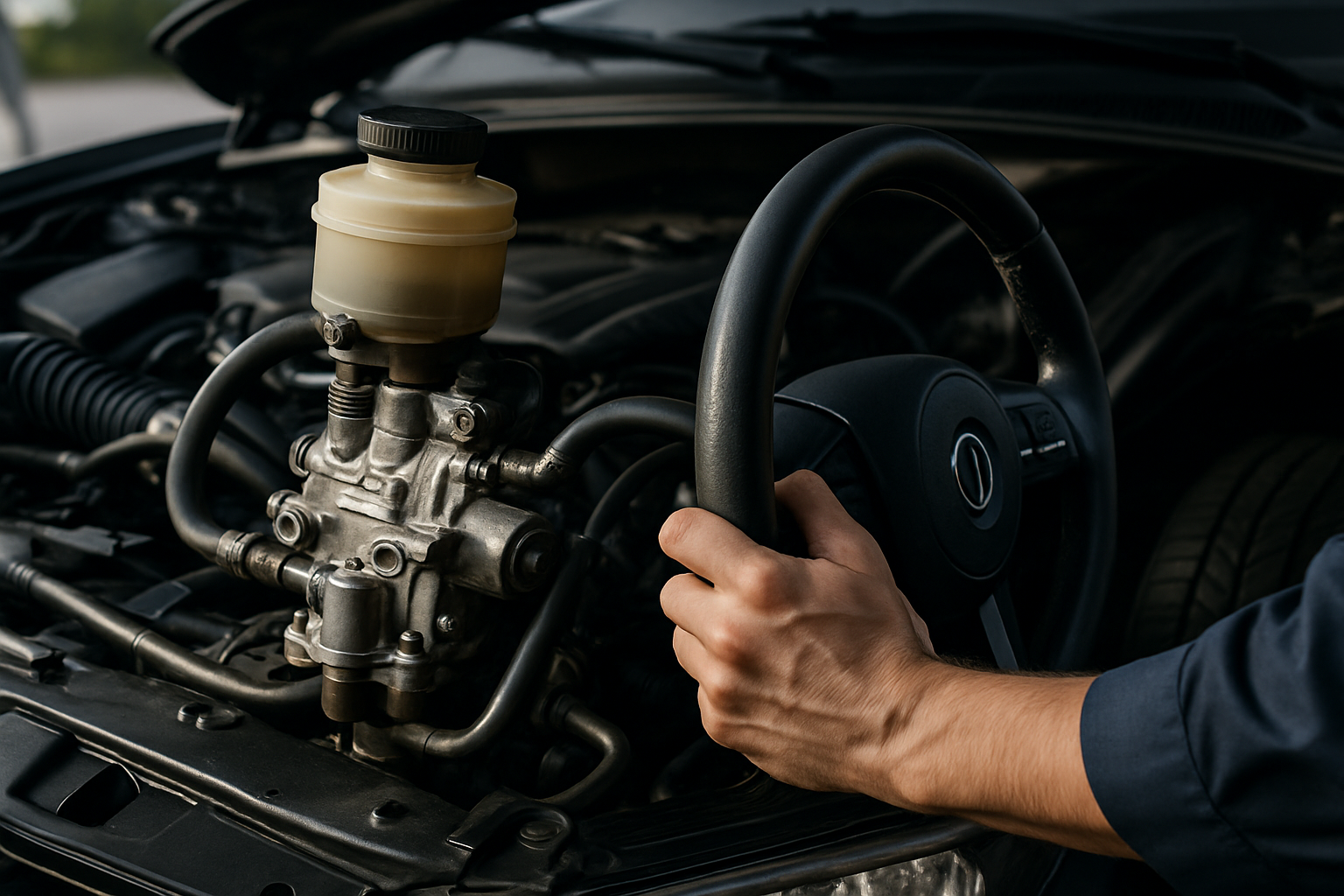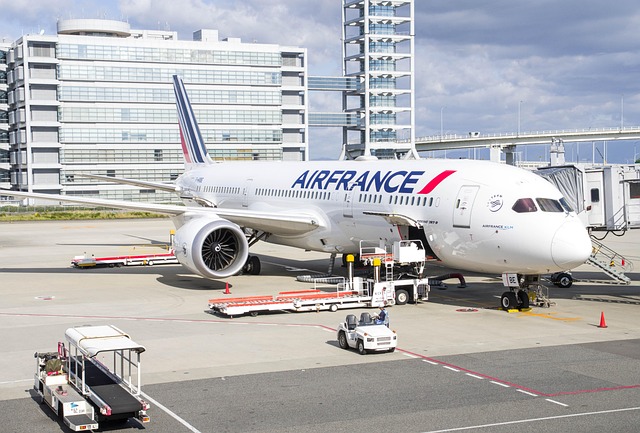How To Buy Police Impound Cars in the US – Insider Tips Revealed
Buying police impound cars in the US is a smart way to access vehicles at significantly lower prices. These cars, often in good condition, are available due to various circumstances, leading them to be sold at auction. While the process might seem daunting, with the right knowledge, bidders can find remarkable deals on vehicles that others overlook. Don’t miss out on the chance to discover a hidden gem among impound lot offerings.

Understanding Police Impound Auctions
Police impound auctions are government-sanctioned events where vehicles confiscated by law enforcement are sold to the public. These cars end up in impound lots for various reasons – they may have been seized during criminal investigations, abandoned, repossessed due to unpaid taxes or loans, or used in crimes. Instead of letting these vehicles take up space in storage facilities, government agencies auction them off to recoup costs and generate revenue.
Most impound auctions operate on an “as-is” basis, meaning there are no warranties or guarantees on the vehicles. Buyers typically cannot test drive the cars before bidding, though many auctions allow a brief inspection period where potential buyers can examine the vehicles and sometimes start the engines without driving them. This is why research and preparation are essential before attending these auctions.
The bidding process varies by location. Some auctions are conducted in person with an auctioneer, while others happen online. In-person auctions create a competitive atmosphere where bidding can happen quickly, while online auctions usually run for several days, giving bidders more time to consider their options.
How to Find Police Impound Auctions Near You in the US
Finding police impound auctions in your area requires some research, but several resources make the process straightforward. Start by checking your local government’s website or calling your city or county offices. Many municipalities list upcoming auctions on their websites, complete with dates, times, and available inventory.
Federal agencies like the U.S. Marshals Service and the Internal Revenue Service also hold regular auctions for seized vehicles. These can be found on websites like USA.gov or GSA Auctions. Additionally, specialized websites like GovDeals.com and PropertyRoom.com aggregate government auctions from across the country, making it easier to find opportunities in your region.
Social media and local newspapers remain valuable resources as well. Many police departments and government agencies announce upcoming auctions on their Facebook pages or through community announcements. Setting up Google Alerts for terms like “police auction” or “government vehicle auction” plus your city name can help you stay informed about new opportunities.
Don’t overlook third-party auction houses that contract with government agencies to handle the sale of impounded vehicles. Companies like Manheim and ADESA often host these auctions and list their schedules online.
Preparing for an Auction
Preparation is crucial for success at impound auctions. Before the auction date, review the available inventory list if one is published. This typically includes the make, model, year, and sometimes the VIN (Vehicle Identification Number) of each vehicle. With the VIN, you can run a vehicle history report through services like Carfax or AutoCheck to check for accidents, title issues, or odometer discrepancies.
Set a firm budget before attending and stick to it. The excitement of bidding can lead to spending more than intended. Remember to factor in additional costs beyond the winning bid – most auctions charge buyer’s premiums (typically 5-10% of the final bid), documentation fees, and sales tax. You’ll also need to consider transportation costs if the vehicle isn’t drivable.
On inspection day, bring the following items:
-
Flashlight to examine dark areas and under the vehicle
-
Magnet to detect body filler (non-magnetic) that might indicate repairs
-
Pressure gauge to check tire condition
-
Paper and pen for taking notes
-
Camera to document vehicle condition
-
OBD-II scanner if permitted (to check for error codes)
During inspection, pay special attention to signs of major damage or neglect. Check fluid levels, examine belts and hoses, look for rust, and test that all electronic components work properly. While cosmetic issues can often be fixed inexpensively, mechanical problems might make a seemingly good deal turn costly quickly.
Cost Considerations and Auction Platforms
Police impound vehicles typically sell for 30-60% below their retail value, making them attractive options for budget-conscious buyers. However, prices vary widely depending on the vehicle’s condition, make, model, age, and the number of bidders present.
| Auction Platform | Types of Vehicles | Average Discount | Buyer’s Premium |
|---|---|---|---|
| GovDeals.com | Government, Police Impound | 40-70% | 7.5-12.5% |
| PropertyRoom.com | Police Seized, Surplus | 30-60% | 10-18% |
| GSA Auctions | Federal Fleet Vehicles | 20-40% | 5% |
| Public Surplus | Municipal Vehicles | 30-50% | 10% |
| eBay Motors (Gov Sales) | Various Gov Vehicles | 25-45% | Varies |
Prices, rates, or cost estimates mentioned in this article are based on the latest available information but may change over time. Independent research is advised before making financial decisions.
Bidding Strategies and Payment Requirements
Successful bidding at police impound auctions requires strategy. Arrive early to complete registration and thoroughly inspect the vehicles that interest you. Most auctions require a deposit or proof of funds before you can bid, typically via cash, cashier’s check, or sometimes credit card.
When bidding begins, restraint is key. Let the initial excitement pass as eager bidders often drive up prices unnecessarily. Focus on vehicles that receive less attention but meet your needs. Common sedans and older models typically sell for less than luxury vehicles or trendy SUVs, even if they’re in comparable condition.
Payment methods vary by auction house but generally must be completed within 24-48 hours of winning. Many auctions don’t accept personal checks or credit cards for full payment, requiring cash, cashier’s checks, or wire transfers instead. After payment, you’ll receive the vehicle title and any associated documentation needed to register it in your name.
After the Auction: Next Steps
Once you’ve successfully purchased an impound vehicle, you’ll need to register it in your name. Take the title and bill of sale to your local DMV, where you’ll pay applicable registration fees and taxes. Some states require emissions or safety inspections before registration can be completed.
Schedule a thorough inspection with a trusted mechanic soon after purchase. This post-auction assessment helps identify any issues that might need immediate attention. Creating a maintenance priority list can help you address critical safety concerns first while budgeting for less urgent repairs.
Remember that while the initial purchase price may be low, bringing an impound vehicle to reliable working condition might require additional investment. However, even with these costs factored in, many buyers still come out ahead compared to purchasing from traditional dealers.
By understanding the process, preparing adequately, and bidding strategically, police impound auctions can be an excellent way to find quality vehicles at substantial discounts. Just remember to do your homework and approach these auctions with realistic expectations about both the potential savings and additional work that might be required.




